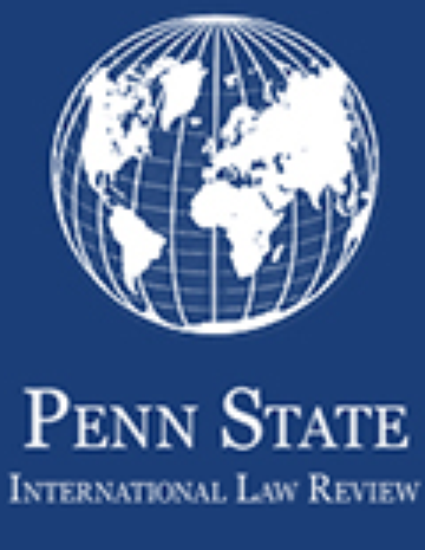
Since the Nuremburg trials and the attendant worldwide reaction to Nazi attrocities, the world has taken an increasing interest in preventing government torture. Whenever legal fictions such as national borders and other sovereignty concepts have acted as barriers to torture prevention, the world has responded, slowly and incrementally, with new legal fictions to overcome those barriers. A recent case in a United States federal court, Filartiga v. Pena-Irala, is a significant new increment toward the prevention of torture and more generally the international protection of human rights. Filartiga holds that torture, long prohibited by virtually all nations' laws and several international conventions and declarations, is now prohibited by customary international law. The case further provides for jurisdiction in a disinterested forum for individual torture claims.
Available at: http://works.bepress.com/james_george/9/
